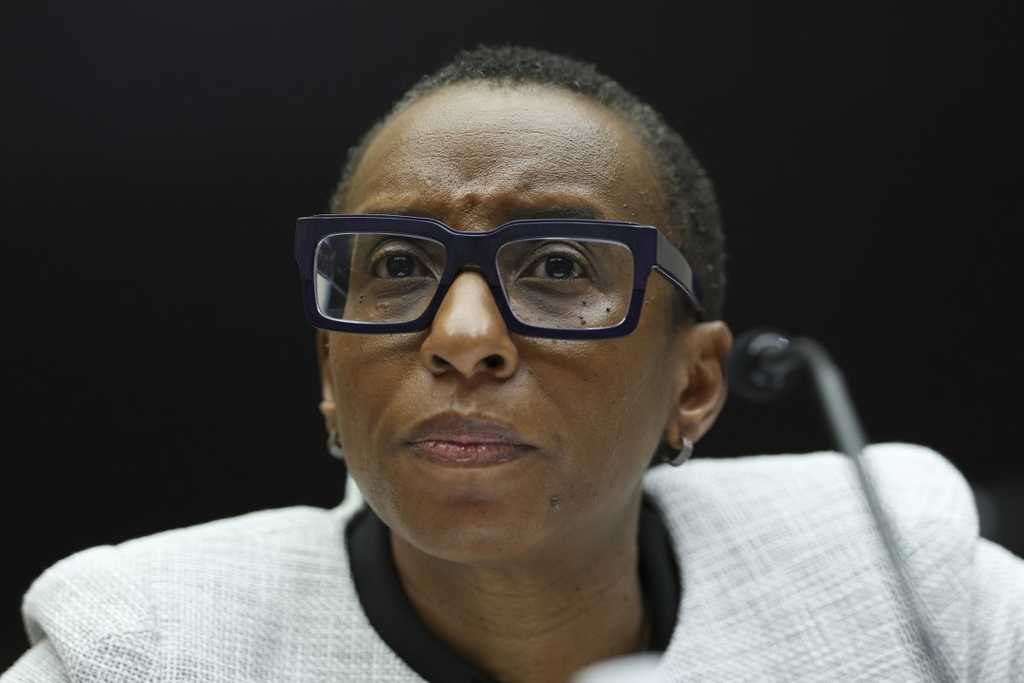Harvard Law Professor Comes Under Fire for Controversial Tweets and Campus Resignation

A recent social media controversy involving Harvard law professor Ronald Sullivan Jr. has sparked backlash and raised questions about his conduct. The controversy arose when Sullivan allegedly tweeted and subsequently deleted the word 'Karma' in response to Claudine Gay's resignation from Harvard University. This came after accusations of plagiarism and a row over campus antisemitism. Notably, Sullivan previously faced criticism in 2019 after representing the disgraced film producer Harvey Weinstein. The decision led to his effective demotion by the university. The tweet, which was posted by Sullivan, was quickly captured and shared by political commentator Wesley Yang. However, the veracity of the tweet and its direct relation to Gay's resignation remains unverified. Newsweek has reached out to Sullivan and Harvard University for further comment. Gay's resignation from Harvard was prompted by what she described as 'personal attacks and threats fueled by racial animus.' This further added to the ongoing controversy surrounding free speech and bigotry on campuses, resulting in a series of resignations from prominent university figures including Liz Magill and others. The controversy surrounding Sullivan's involvement in Weinstein's defense also sparked protests and demands for his resignation as a faculty dean. Addressing the issue via a 1,200-word email to students, Sullivan defended his decision and stressed the importance of representing an 'unpopular defendant.' Gay, who was involved in the decision to remove Sullivan from his position as faculty dean, later branded his response as 'insufficient.' Additionally, Harvard has been embroiled in another controversy involving student organizations siding with Palestine, and allegations of antisemitism. During a House committee appearance, Gay's response to questions about calls for the genocide of Jews sparked further outrage, leading to calls for her resignation. This was further exacerbated by alleged plagiarism in her dissertation and articles, despite her initial denial. A Harvard investigation concluded that there were cases of inadequate citation in her work. These controversies continue to stir debate and scrutiny within the Harvard community and beyond.